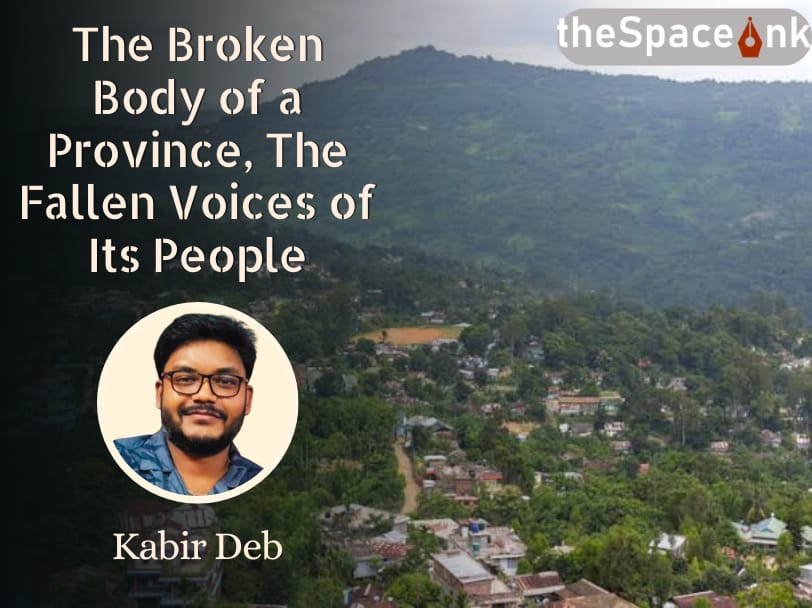Once upon a time, or maybe twice, there was a route through central London connected by bookshops. You could start on Tottenham Court Road at the antiquarian shops, work your way towards the British Museum, tread past the left-wing publishing house and bookseller that teetered on the brink of the European New Left and Third World Stalinism, dodge Marx and Engels’ pub and the specialist oriental bookshop, cross Russell Square and the new home of an old and famous second-hand bookshop, pass another relocated bookshop that still bears the now-wrong street in its name, squeeze past the British Library and the two giant railway stations, to reach an iconic left-wing bookshop that had once also served as news-service and repository of campaign literature, distributor of pamphlets, leaflets and newspapers, and general hideout of the London left, with a different bookseller in the cellar, more or less dedicated to the Fourth International, and co-existing with the comrades above them.
You can still do this route, but the contents, form, and atmosphere of these shops might now be surprising. The left bookshops are in particular unrecognisable to those used to seeing bearded men at the counter arguing about 1903, 1939, 1956, 1968, or 1989. Those whose difficulty with older forms of ‘left culture’ included its confrontational style of debate (which, allegedly, was incompatible with female participation, though I don’t recall the female comrades pulling their punches at all) will probably be pleased, at the expense of feeding a different stereotype about female-friendly styles: emotive, affective, empathetic, and in colourfully-laid-out shop-windows and displays, a leftist bookshop today bears no resemblance to the grey, functional entities of the 1990s.

The books that we now read, and which appear at bookshops once self-labelled as ‘left’, are less about the (apparently always predominantly white, male, and cishet) themes of revolution, the transformation of the world, or the analysis of complicated political situations. They are moral: they exhort us all to have the right ideas, do the right thing (as ethical consumers, not as revolutionary subjects, of course), and to relentlessly subject our fellow human beings to our moral policing, as long as they are equal to or superior to us in victimhood points: it would be unimaginable for anyone not authentically of the blood to make such a challenge. And of course, in this moral universe, the only people who can be resolutely abused as a race are ‘white people’, in which abusive performance they should, of course, wholeheartedly participate.
We shall not linger on the inconvenience that gender is now both a construct and an essence: as we have been told to perform gender differently and gender norms, identities, or bodies, are on a continuum, we demand, at one and the same time, a binary where ‘women’ are recognisably women, the better to be liberated or to declare their oppression. Nor should we spend too much time on pointing out that if left bookshops are following the trend of treating blackness and brownness as virtues in themselves, we are in for a somewhat rough ride, where ethnic ‘model minorities’ make up a fair percentage of the genocidal fascists or much-more-acceptable conservative right of our planet’s politics. As we set out measuring public worth in melanin, and defining people by what they have, or subsequently acquire, between their legs, or by what they choose to put there, we don’t quite know what to do when an oppressor emerges from the ranks of those marked by historic victimhood. Perhaps we should have, though: ‘Sisters are doing it for themselves’, Annie Lennox and Aretha Franklin declared in their song in the 1980s, accompanied by video footage of Margaret Thatcher, Indira Gandhi and Golda Meir. What were they doing to other sisters? To brothers? Or to those whose very existence they denied?
The ‘left’ positions now defended are obviously not as crude and unilinear: intersectional representations are important, reminding us that oppression has diverse routes and roots. Thus, black revolutionaries, decolonization, the self-assertion of the Global South, and of course, diet: Another Kitchen is Possible! proclaimed a glossy book from the glossy shelf of my once-great, grey, grim, greasy left bookshop. Eating vegetables has never been so political; Attila the Vegan, the chef who conquered the Covid universe with moral recipes and vaccine-denunciation*, had more in common with the New Moral Left than he probably was aware, or cared to admit. Diet, I realised, was the ultimate frontier that the left ought once to have conquered, but didn’t. I tried to picture quinoa plantations instead of rubber or bananas, soya-bean empires emerging from the decay of cow-fart-induced-global-warming-enhancing meat farms, and I dreamed of one day writing the definitive diet book: Decolonizing the Digestive System: Tracts for our Times, with an Appendix compiled by Six Wise Men from the Global South. Dedicated, of course, to Mahatma Gandhi, who started it all. Or a bestseller on identity and sport: I’d call it Beyond a Binary.
Retreating from the new books to the discounted section, though, returned me to an earlier world: a copy of Leon Trotsky’s writings from 1938-39, formerly of the library of a former Sheffield colleague whose signature appears with mine on student dissertations from the noughties; the notorious Left Book Club’s red-covered editions from the interwar years, ‘not for sale to the public’, obtainable by subscription only; Raymond Williams’ little book on George Orwell, as yet untainted by the findings that showed that Orwell had lived his own nightmare of state surveillance, reporting his friends and acquaintances to his MI5 handler towards the end of his life; … I asked myself, of course, whether it was an historian’s privilege to study lost worlds even as he declared the current world to be hopelessly losing its sense of history. Was it not the New Left that opened the doors to our current discontents, the culturalism of Raphael Samuel or EP Thompson via CLR James or Stuart Hall to the radical anti-speciesist tracts of today? I wasn’t quite sure how to track any of this. When I went to pay for these finds, I found a lone middle-aged bearded man at the till, and he looked refreshingly old-school, with reassuring grey streaks in his beard and not a hint of beard softener or beard shampoo or rolled-up sleeves and tattooed forearms to declare his hipsterdom. He looked at my selection and, I like to imagine, approved. ‘I hadn’t imagined’, I said to him by way of farewell, ‘that I would come here one day and only find books on identity and vegetables’. He smiled back warmly. ‘That’, he said, ‘would be a great book title one day: identity and vegetables’.
Disclaimer: The views expressed in this article are the author’s and do not necessarily reflect the views of thespace.ink or its editorial team members.
Images courtesy: Flickr
Notes:
Benjamin Zachariah works at the Georg Eckert Institute for Educational Media works at the Einstein Forum in Potsdam, and with the project on the contemporary history of historiography at the University of Trier. He was trained in the discipline of history in the last decade of the previous century. After an uneventful beginning to a perfectly normal academic career, he began to take an interest in the importance of history outside the circle of professional historians, and the destruction of the profession by the profession. He is interested in the writing and teaching of history and the place of history in the public domain.








